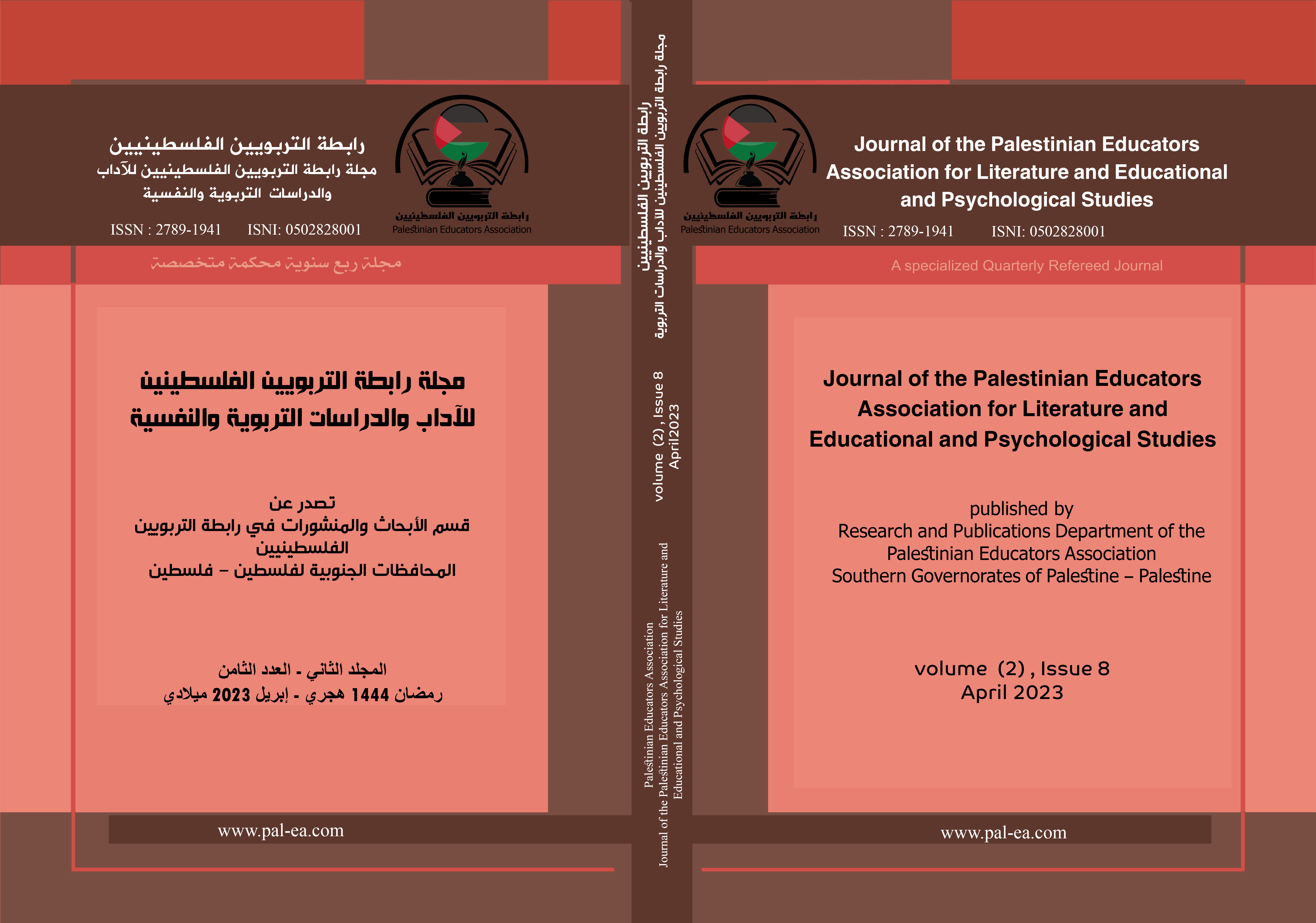The role of training and development in developing the skills of human resources managers
Keywords:
Training, development, human resources management skillsAbstract
This article talks about training and development in human resources management, its importance, types and stages of implementation. Training and development are two concepts that refer to the practices and efforts that organizations make to help their employees improve and develop their skills and knowledge. It is an investment in human capital, as what the organization spends on training its employees returns to it with profit and material return by improving the performance of employees and thus increasing productivity, so training is one of the most important human resource management strategies in any organization that seeks to achieve success in the long term, and one of Here we see the importance of investing in training as a means to achieve the goals of the organization, raise the efficiency of its employees and improve the level of their performance of their jobs, and the need for all organizations to train at different levels and the nature of their work and the services they provide, and that trained human resources are considered one of the critical success factors for any successful organization, which It achieves a high competitive advantage, with the need to pay attention to diversity in training methods, relying on modern technological means in order to keep abreast of the developments and changes taking place in our contemporary world, and in preparation to face the challenges in the future.
Downloads
References
المصادر والمراجع
أولاً: المراجع العربية:
الهيتي ، خالد عبد الرحيم ،إدارة الموارد البشرية : مدخل استراتيجي ، عمان : دار وائل للنشر ، 2004 ، ص 89.
عبد الباقي، صلاح ، إدارة الموارد البشرية من الناحية العلمية والعملية ، القاهرة : الدار الجامعية ، 2000، ص69.
موقع أسود البزنس للعلوم الإدارية تم استرجاعه على الرابط https://www.business4lions.com /
موقع المنتدى العربي لإدارة الموارد البشرية تم استرجاعه على الرابط https://hrdiscussion.com/hr13608.html
ثانيا: المراجع العربية الإنجليزية
Al-Hiti, K, Human Resources Management: A Strategic Approach, (in Arabic), Amman: Wael Publishing House, 2004, p. 89.
Abdel-Baqi, S, Human Resources Management from a Scientific and Practical Point of View, (in Arabic), Cairo: University House, 2000, p. 69.
Aswad Al-Business for Administrative Sciences website, retrieved at https://www.business4lions.com/9/
Arab Forum for Human Resources Management website retrieved at https://hrdiscussion.com/hr13608.html
ثالثاً: المراجع الأجنبية:
Daniels, Sharon, “Employee Training: A Strategic Approach to Better Return on Investment”, Journal of Business Strategy, Vol. 24, Issue 5, 2003, pp.39-42.
Kasia Zdunczyk, John Blenkinsopp, Do Organizational Factors Support Creativity and Innovation in Polish Firms? European Journal of Innovation Management, Vol. 10, Issue 1, 2007, pp.25-40
Downloads
Published
Issue
Section
License
Copyright (c) 2024 زلفى يونس أبو غالي (مؤلف)

This work is licensed under a Creative Commons Attribution-NonCommercial-ShareAlike 4.0 International License.
The Journal of the Palestinian Educators Association for Literature, Educational and Psychological Studies
E-issn: 2789-1941
Authors retain Copyright
The Journal of the Palestinian Educators Association for Literature, Educational and Psychological Studies allows Authors retain Copyright and grant the journal right of first publication with the work simultaneously licensed under a Creative Commons Attribution (CC-BY) 4.0 License that allows others to share the work with an acknowledgment of the work’s authorship and initial publication in this journal.
Provided they are the owners of the Copyright to their work, authors are able to enter into separate, additional contractual arrangements for the non-exclusive distribution of the journal’s published version of the work (e.g., post it to an institutional repository, in a journal or publish it in a book), with an acknowledgment of its initial publication in this journal.
Authors are permitted and encouraged to post their work online (e.g., in institutional repositories, disciplinary repositories, or on their website) prior to
and during the submission process.










